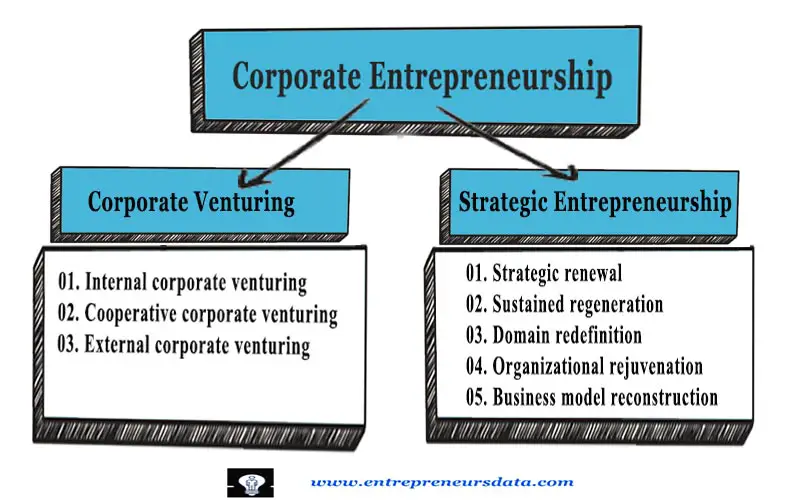The concept of a business-minded mindset, a culture of innovation, is frequently discussed and encountered. These notions have gained prominence in an economy brimming with fresh and promising prospects. Consequently, companies and organizations that thrive on ingenuity highly esteem entrepreneurial abilities, as they serve as the foundation for their expansion and competitive edge.
¿Qué aprenderás en este curso?
Title: The Significance of Innovation in Organizations: A Comprehensive Perspective
Introduction:
In today’s rapidly evolving business landscape, innovation has emerged as a critical factor for the success and sustainability of organizations. This text aims to explore the various aspects of innovation and its profound impact on organizational development strategies. Additionally, it will delve into the role of corporate entrepreneurship as a growth strategy and the significance of fostering an entrepreneurial culture within the organization. Lastly, it will highlight the essential elements for designing and implementing a corporate entrepreneurship strategy.
I. The Link between Innovation and Organizational Development Strategies:
Innovation serves as a catalyst for organizational development strategies, enabling companies to adapt to changing market dynamics, gain a competitive edge, and drive growth. By embracing innovation, organizations can enhance their products, services, processes, and business models, leading to improved efficiency, customer satisfaction, and overall performance.
II. Corporate Entrepreneurship as a Strategy for Growth and Development:
Corporate entrepreneurship refers to the deliberate and systematic pursuit of entrepreneurial opportunities within established organizations. It involves fostering an entrepreneurial mindset, encouraging risk-taking, and empowering employees to generate and implement innovative ideas. By adopting corporate entrepreneurship as a growth strategy, organizations can tap into new markets, diversify their offerings, and create a culture of continuous improvement and adaptation.
III. The Importance of Entrepreneurial Culture in the Organization:
An entrepreneurial culture is crucial for organizations seeking to foster innovation and drive growth. It involves creating an environment that encourages creativity, experimentation, and c
ollaboration. By promoting a culture that values and rewards entrepreneurial behavior, organizations can inspire employees to think outside the box, take calculated risks, and contribute to the innovation process. This, in turn, leads to increased employee engagement, motivation, and a higher likelihood of successful innovation outcomes.
IV. Relevant Elements for Designing and Implementing a Corporate Entrepreneurship Strategy:
To effectively design and implement a corporate entrepreneurship strategy, organizations must consider several key elements. These include:
1. Leadership Support: Strong leadership commitment is essential to drive and sustain a corporate entrepreneurship strategy. Leaders must actively champion innovation, allocate resources, and provide guidance to ensure the strategy’s success.
2. Resource Allocation: Adequate allocation of financial, human, and technological resources is crucial for supporting entrepreneurial initiatives. Organizations must prioritize and invest in innovation projects to facilitate their development and implementation.
3. Cross-functional Collaboration: Encouraging collaboration and knowledge-sharing across different departments and teams fosters a holistic approach to innovation. By breaking down silos and promoting interdisciplinary collaboration, organizations can leverage diverse perspectives and expertise to generate breakthrough ideas.
4. Risk-Tolerance and Learning Orientation: Organizations must cultivate a culture that embraces failure as a learning opportunity. By encouraging risk-taking and providing a safe space for experimentation, employees are more likely to explore innovative ideas and learn from both successes and failures.
Conclusion:
Innovation plays a pivotal role in the development strategies of organizations, enabling them to adapt, grow, and thrive in a dynamic business environment. By embracing corporate entrepreneurship as a growth strategy and fostering an entrepreneurial culture, organizations can unlock their full innovative potential. By considering the relevant elements for designing and implementing a corporate entrepreneurship strategy, organizations can create a framework that nurtures innovation, drives growth, and ensures long-term success.
Si estas buscando como apuntarte a este curso, solo deberas pulsar sobre el siguiente botón azul y serás redirigido/a a la pagina encargada de impartir la formación de Corporate Entrepreneurship
